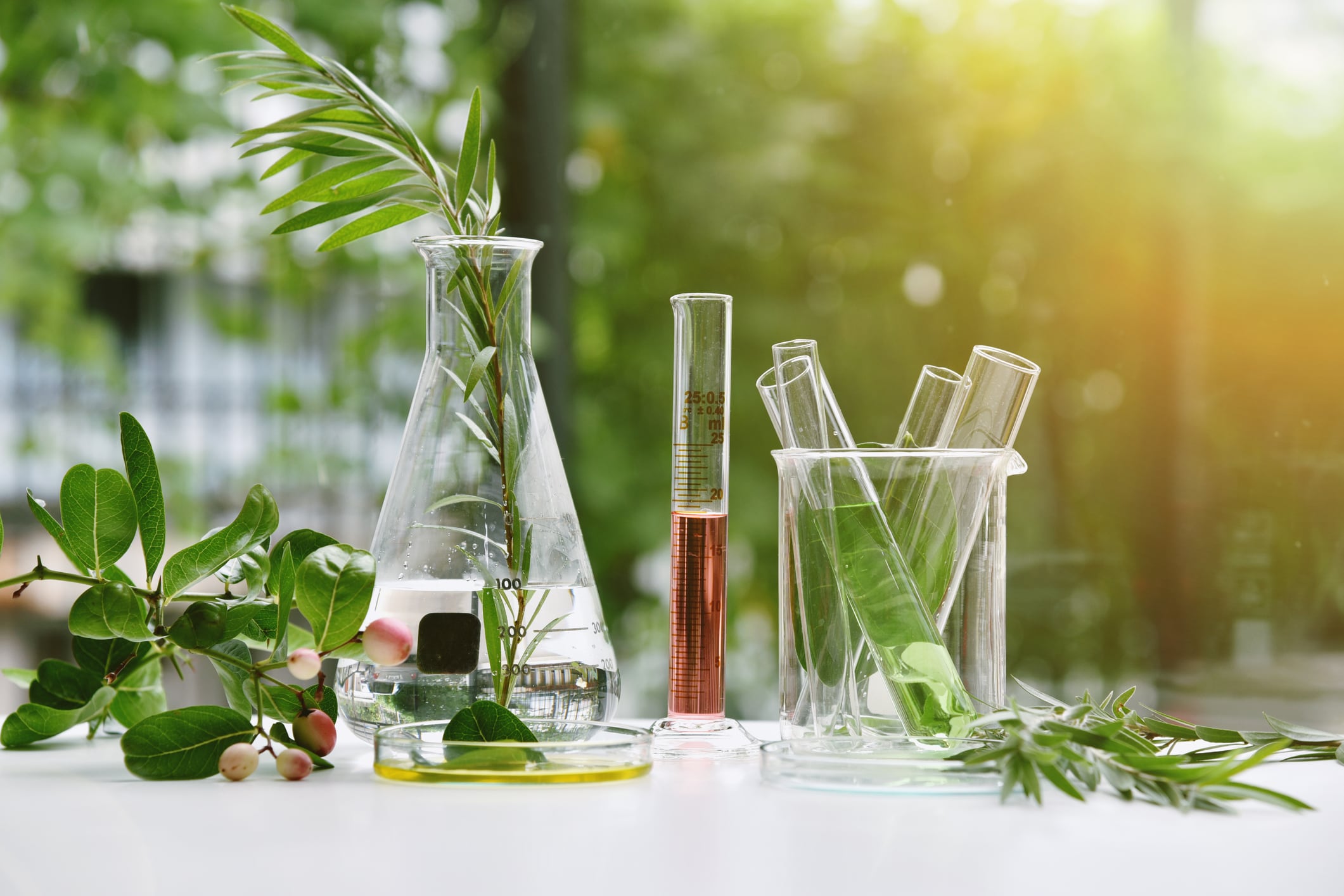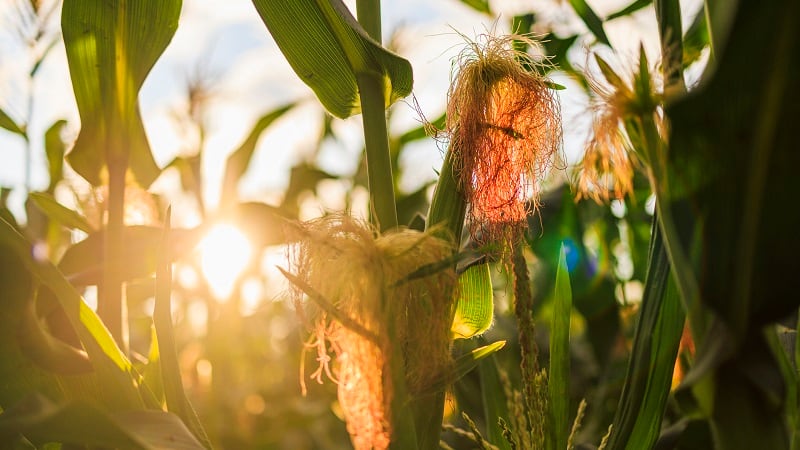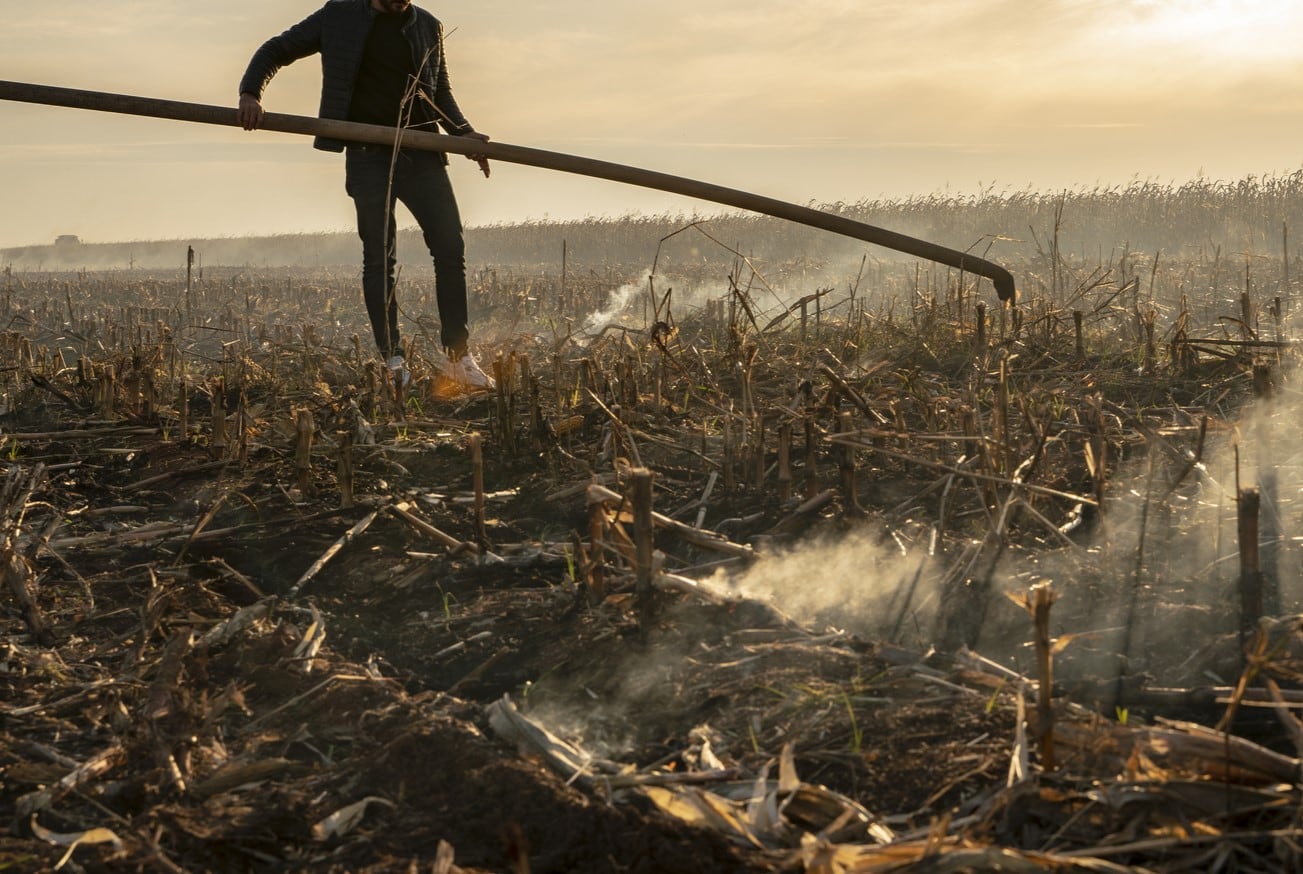MALDIID specialises in R&D services for biological products such as biofertilisers, biostimulants, and biopesticides. It offers laboratory testing, greenhouse testing, and field trial support to help companies enter the Australian market.
“We help with the testing required not just for registration, but the testing that would give them the data to clients to purchase their product,” said Sofie De Meyer, founder and CEO of MALDIID.
“When you bring a new product to market, it’s not just about showing that it works. You need to compare it with existing solutions. How does it line up against what farmers are already using? Is it more competitive, more effective, or simply different… There are so many layers to consider, and while it might seem straightforward, bringing a new product to market is actually quite complex.”
The Perth-based company has been operating since 2017 and is set to expand with a second outpost on the eastern coast of Australia.
This expansion is coming on the back of emerging voluntary Code of Practice (CoP) for biostimulants introduced by Fertilizer Australia.
This was introduced to enhance the transparency and consistency in biostimulant labelling, making it easier to understand the products and how to use them effectively.
“This industry-led initiative is designed to support growers, agronomists, and rural advisors by promoting clear, accurate, and consistent product information in a market that’s growing rapidly but often lacks clarity. Until now, there’s been little standardisation in how these products are described in Australia, which create opportunities for confusion in the minds of users,” said the organisation.
This marks the start of biostimulant regulation in Australia, which would be a huge opportunity for MALDIID”
“[The CoP] requires a number of tests to be done, and that presents an opportunity for us as a laboratory provider. If every product in Australia eventually needs this testing, that’s a significant growth area for us, especially as more manufacturers adopt the code,” De Meyer told AgTechNavigator.
“Ultimately, we hope the Australian regulator for agricultural chemicals will take it up. Right now, APVMA only regulates traditional chemistry and biocontrol products… biostimulants don’t fall under their jurisdiction. The question is whether, in a few years, APVMA will bring biostimulants under mandatory regulation. If that happens, everyone will need testing, and that could open a very large market.”
De Meyer told us that she sees a need for the services MALDIID offers globally, but the company is limited by its resources and manpower. She added that the company has been self-funded so far.
More demand for biologicals
Even though the local authorities have yet to mandate the use of biologicals, the demand for biologicals in Australia is increasing because export markets such as Europe and the US — are imposing environmental and ESG requirements on local growers.
“Australia has been slower to adopt biologicals compared to Europe or the US. Now, with increasing environmental pressure and ESG requirements being pushed onto Australian growers — not by the government, but by overseas buyers of grain and produce — the situation is changing.
“These markets are insisting that Australia meet their standards, which is driving demand to reduce inputs, cut chemical use, and lessen environmental impact. As a result, we’re seeing stronger momentum for the uptake of new products,” said De Meyer.
The company’s trials to date have delivered encouraging outcomes for biologicals. However, De Meyer does not see them replacing chemical inputs completely in the near future.
“Because what we’re practicing is high-intensity agriculture, every harvest removes a significant amount of nutrients from the soil, and those nutrients need to be replaced. That’s not something biological alternatives can fully cover.”
She continued: ““There are definitely products on the market that can replace part of traditional inputs. For example, biofertilisers that reduce the need for conventional fertiliser. Will we ever eliminate fertilisers completely? No, I don’t see that happening. But we can certainly reduce usage.”
Despite this De Meyer highlighted the urgent need to reduce usage of chemical inputs.
“One of the biggest issues with conventional fertiliser is runoff is that you can apply it, then a storm comes and it washes straight into the creek. I’ve seen this happen countless times. Biofertilisers counter that effect because the microbes are active within the plant, producing nitrogen or phosphorus, so there’s no risk of it leaching into the environment.”
More support for women in agtech
Last year, De Meyer was part of the 2024 cohort of Women Founders and Funders Singapore, which celebrates women-led entrepreneurship as a driving force in building regenerative food systems and resilient economies.
“I can’t speak for the whole world, but from an Australia perspective, there can be more support for women founders in agtech or foodtech. There’s nothing specific for agtech or food tech founders in Australia; most programmes target female founders across all industries. Agriculture often misses out because the products we bring to market are technical or science-based and may not seem as immediately attractive. Competing against female founders of consumer products can make it harder to get selected for these programmes,” she said.
“From that perspective, what [Women Founders and Funders Singapore] does is fantastic because it’s so targeted and gives food tech businesses a real opportunity to present themselves.”
Applications for the 2025 Women Founders and Funders Singapore pitch showcase close on August 31, Sunday.





